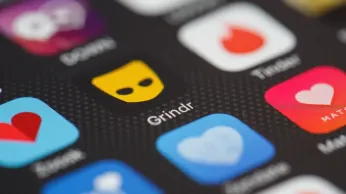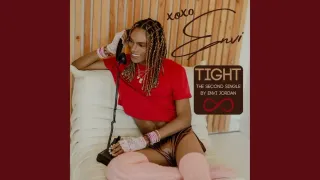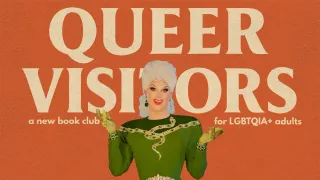
9 hours ago
From Family Sharing to Total Chaos: Grindr Mishap Sparks Viral Queer Drama
READ TIME: 3 MIN.
The boundaries between queer personal life, family, and technology blurred in spectacular fashion this week after an incident involving a shared iPad, the popular queer dating app Grindr, and a family of two dads and their gay son grabbed headlines and sparked laughter—and commiseration—across LGBTQ+ spaces. The story, first reported by Queerty, quickly became a touchstone for conversations about privacy, generational divides, and the sometimes-messy beauty of queer family life .
According to Queerty, the drama began when a gay teen, out to his progressive two-dad household, began using Grindr on his personal phone. Unbeknownst to him, the family had set up their devices—including a communal iPad—to mirror messages and notifications for convenience. That convenience backfired spectacularly when a Grindr message—sent late at night—popped up on the iPad, which was in the possession of one of his dads. The message reportedly included not just a flirtatious greeting but also an explicit photo, instantly exposing the young man’s online activities to his unsuspecting parent .
The dad, shocked but supportive, called his partner into the room, and the two men grappled with how to react. Should they confront their son? Ignore the incident? Or try to establish some digital boundaries while affirming their son’s right to privacy? The family ultimately chose a mixture of gentle teasing, clear communication, and a renewed commitment to respecting each other’s digital lives—a resolution that resonated with many queer families navigating similar waters in the age of app-based dating .
The incident quickly went viral, with LGBTQ+ folks weighing in across platforms like X (formerly Twitter) and TikTok. Many saw reflections of their own experiences: the awkwardness of coming out, the perils of digital privacy, and the uniquely queer challenge of dating in a world where family and personal identity are often intertwined. Commentary ranged from the lighthearted—calls for a messy limited TV series dramatizing the event—to thoughtful discussions about how queer youth balance autonomy and connection in affirming households .
LGBTQ+ digital safety experts have noted that while many young queer people rely on apps like Grindr to connect and explore their identities, the risk of accidental exposure is significant, especially in households where devices are shared or family iCloud accounts sync messages across multiple screens . These risks are compounded by the app’s lack of robust age and identity verification—a long-standing concern in the LGBTQ+ tech community .
For many, the story’s appeal lies in its relatability. Queer families, especially those with LGBTQ+ parents, often navigate unique challenges as they support their children’s identities while respecting boundaries. The viral tale has prompted experts and advocates to urge families to have proactive conversations about privacy, digital safety, and sexual health—a conversation that, as this story shows, is better had before accidental exposure rather than after .
Dr. Alex Chen, a clinical psychologist specializing in LGBTQ+ youth, told Queerty, “Incidents like this are awkward, but they’re also opportunities. When handled with openness and humor, they can strengthen family trust and communication, especially when all parties feel affirmed in their identities” .
Social media was quickly flooded with memes, stories of similarly awkward moments, and calls for Grindr to introduce better privacy controls for young users in family settings. “This is every queer person’s nightmare—and rite of passage,” wrote one X user, echoing a sentiment that resonated widely .
Others highlighted the positive side: a family able to laugh together in the aftermath, and a reminder that queer joy sometimes emerges from the messiest situations. LGBTQ+ advocates pointed out that stories like this, while humorous, also underscore the ongoing importance of affirming, supportive families in the lives of queer youth .
The viral Grindr iPad incident is more than just a funny anecdote. It’s a snapshot of how queer families today are navigating the intersections of technology, sexuality, and generational change. As queer representation in media continues to expand, stories like this—messy, real, occasionally cringeworthy—offer an important counterpoint to sanitized or tragic queer narratives.
As one TikTok user summed up in a widely shared video: “Queer families are real families. We have the same awkward tech problems, the same mortifying mishaps, and the same love for each other—maybe just with a little extra glitter” .
In the end, the Grindr family drama reminds us that queer life—and queer family life in particular—is rarely as tidy as mainstream narratives suggest. It’s messy, unpredictable, and, when handled with care and humor, deeply affirming. For every awkward notification and viral meme, there’s a family learning, growing, and loving each other—one Grindr pop-up at a time.






